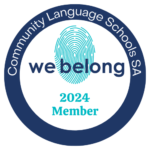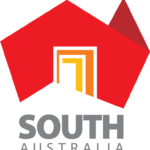Learn more about CLSSA
We are a not-for-profit organisation supporting and advocating for Community Language Schools in South Australia.
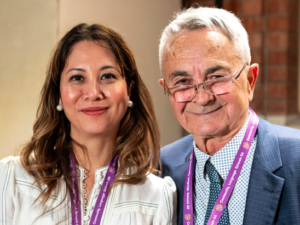
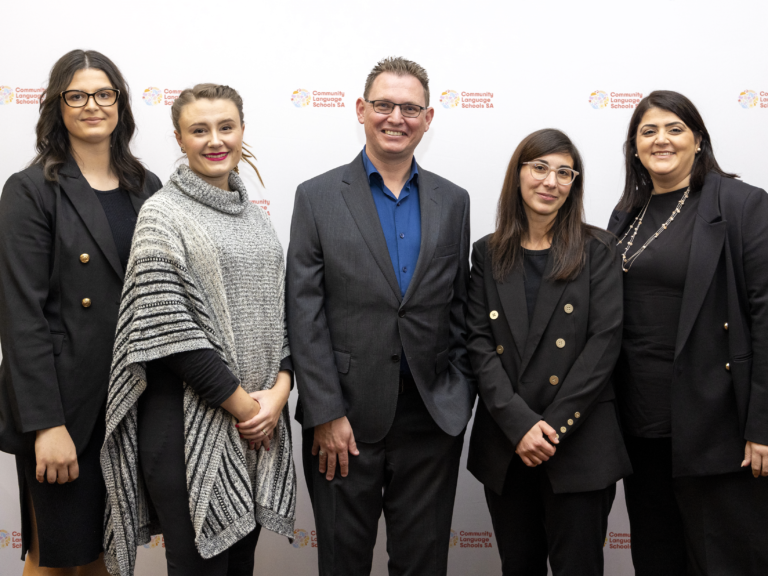
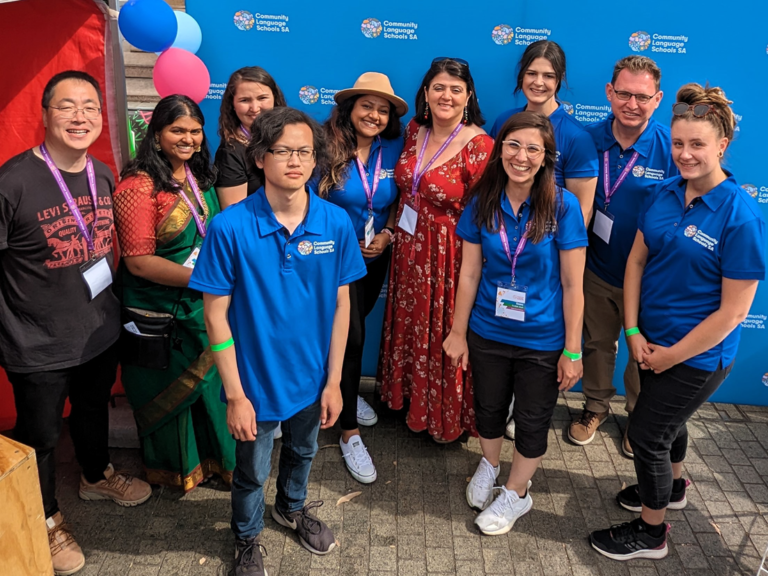
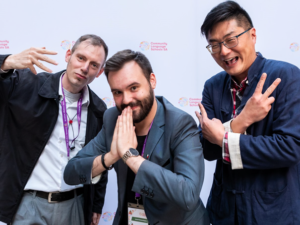
Meet our Team
Our team is small but together we’re powerful. We are committed to supporting CLS students as the future of Multicultural South Australia.




Meet our Team
Our team is small but together we’re powerful. We are committed to supporting CLS students as the future of Multicultural South Australia.
Why do we care?
Our core belief is that all individuals have the right to maintain, develop, express and share their cultural heritages. All people are equally entitled to participate in and benefit from the activities of Community Language Schools (CLSs).
Learn more about why we do what we do.
Video Transcript
(student #1) There’s more opportunities and freedom to speak. I’m not limited to one language and I can speak it with my mom, or with my family.
(student #2) Learning one language, you’re in your own world, but in learning another language, it’s like you’re traveling to Mars or something. If you’re, like trapped in an own planet that speaks that one language, you never get to know what’s outside.
(student #3) When I first started going to Latvian school, I only went because my mom forced me. But now, like growing up, I’ve really learned about the culture and it’s, like taught me to be like, really proud of being Latvian. Now it’s kind of boosted my self-esteem because it’s like I have a whole ‘nother thing to talk about and it’s something that, like I really I am proud of.
(student #4) Like just a real big eye-opener to who I am and I could really explore those ideas and push on those ideas. It’s just amazing, really.
(student #4) I like hearing their stories as well. It’s hearing where other people have come from, what their experiences are and how I can connect to other people.
(student #5) And there’s so many different people that I can connect with. I’ll be like, oh, you’re from Kenya, well, my granddad was there, it’s different, and I’ve got so many different connections I can make, and it’s something that, like excites me, to talk about my story, and to talk about other people’s multicultural stories. It’s exciting.
(student #4) Everybody in Adelaide, I reckon, knows a Latvian somehow, and they really find that even though we’re a tiny little country that no one really knows about, we are so full of culture
(student #5) We’re trying to make globalized students and people who think about the rest of the world and not just Australia. By telling people and teaching people and kids about multiculturalism, showing them, oh, today is this day, it’s Holi and this is the Indian festival of colour and this is what they do.
Or today’s Eid and this is what Muslims do on Eid. You can be Australian but celebrate different festivals, teach people that, show them what it’s like to be Australian, but also Indian. Or, Australian and Kenyan or Australian and Canadian.
There are ways in which I express myself much better in Arabic. Sometimes I will just switch and I won’t even think about it. Sometimes I do it because the idea in English is just not coming out right. And there’s times where I find myself trying to say something to a friend and I can’t say it, And, I’m like, I wish you could speak Arabic because I could tell you like that, but I’m going to have to try and think of it in English.
(student #4) It’s never too late to learn the community language. I think it would be great if my parents could learn Latvian. I think that’s the thing, even though they might be born here and don’t really speak the language, they should still have a go at learning it.
(student #5) And I feel like so many more people would benefit from the opportunity, even if you don’t speak another language, try it. Try expressing yourself in something that you wouldn’t even understand. Look at how you might be able to express yourself in other cultures or in other languages and just have that experience to understand the other side of things.
(teacher) Tell me what this says.
(student #5) [speaks in Arabic]
(teacher) What does that mean?
(student #5) It means I was- I became proud of my culture… In- in your hands. Like, within you.
(student #5) You know what? Australia is a great thing to unite us all but at the end of the day, bring your culture to the table because that thing makes you you and it makes you unique and it brings so much flavor into the world for everyone.
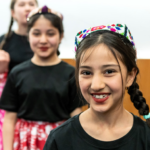
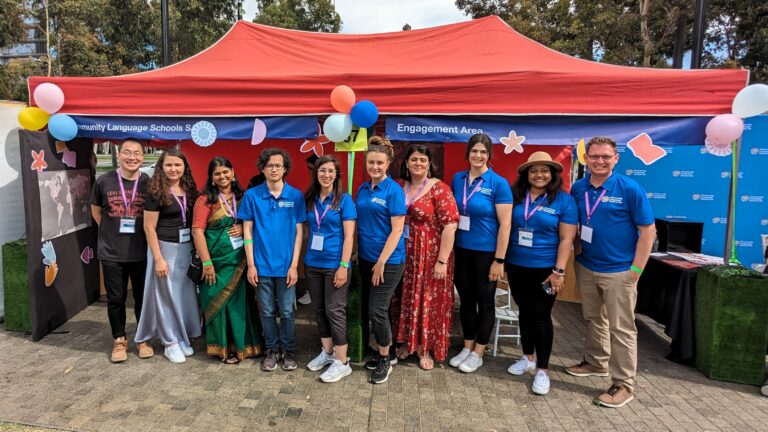
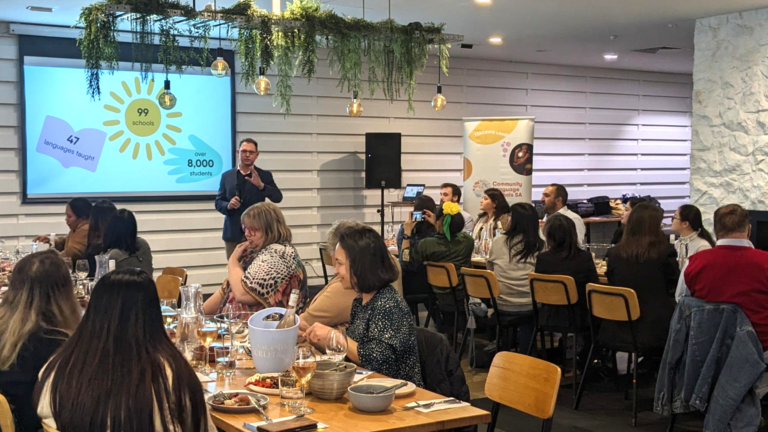
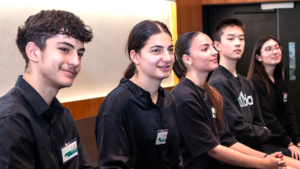
How can we help?
From professional development to curriculum writing, compliance to event planning – we do it all!
We’re here to support CLSs and their personnel. In turn, CLSs are better prepared to support their students, families and surrounding communities.




How can we help?
From professional development to curriculum writing, compliance to event planning – we do it all!
We’re here to support CLSs and their personnel. In turn, CLSs are better prepared to support their students, families and surrounding communities.
